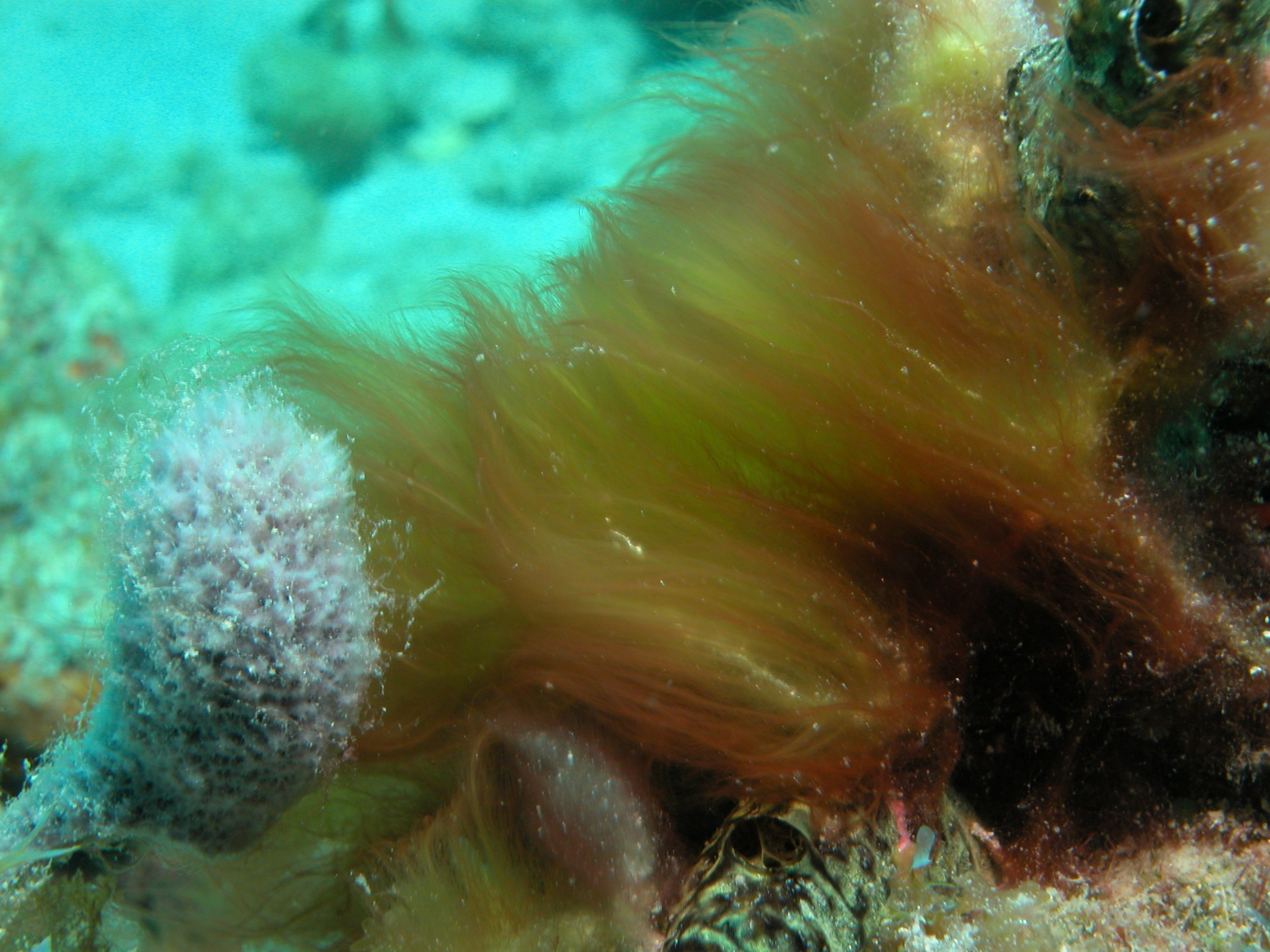
An international team of researchers led by Dr. Marian Oliva, from the Structural and Chemical Biology department at Centro de Investigaciones Biológicas Margarita Salas and Dr. Hendrik Luesch, from the Department of Medicinal Chemistry at the Center of Natural Products, Drug Discovery and Development in Florida, has found a new drugable site in tubulin, which will account as the 7th identified site, targeted by novel compounds obtained from a marine cyanobacterium. This dual discovery has been published in the journal PNAS and opens a window of opportunity for the development of new treatments for different diseases.
Microtubules are key cellular filaments made of tubulin that undergo dynamic vs. static behaviors essential during cell growth and division. Tubulin is one of the most successful targeted proteins for anticancer drug discovery. Additionally, microtubules are also related to neurodegenerative diseases and viral transport, being a very promising target for the treatment of Alzheimer’s disease and emerging viral infections.
The current arsenal of tubulin modulating agents binds to six distinct sites either promoting microtubule stabilization or disassembly. Depending on their binding site and chemotype, tubulin-targeting agents exert different pharmacological profiles. Consequently, there is a tremendous interest in discovering new ligands with novel chemotypes.
The work by Mathew et al. presents a complete story that could serve as a textbook example for the characterization of a natural product and exploration of its pharmacological potential. The CIB’s team has combined biochemistry and structural biology studies to identify the binding site of this novel discovered compound named Gatorbulin-1. Most importantly, the confirmation of a new binding site of tubulin will trigger more studies for the development of new drugs.

Reference: Gatorbulin-1, a distinct cyclodepsipeptide chemotype, targets a seventh Tubulin pharmacological site. Susan Matthew, Qi-Yin Chen, Ranjala Ratnayake, Charles S Fermaintt, Daniel Lucena-Agell, Francesca Bonato, Andrea E Prota, Seok Ting Lim, Xiaomeng Wnag, J. Fernando Díaz, April L Risinger, Valerie J. Paul María A. Oliva* and Hendrik Luesch*. PNAS (2021). DOI 10.1073/pnas.2021847118
More information:
CSIC Press Release (in Spanish): link.

